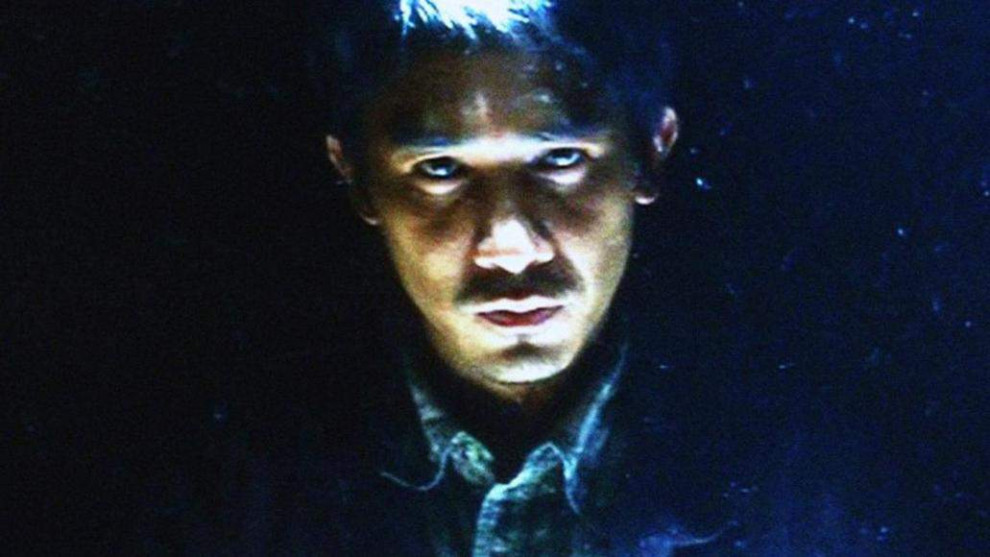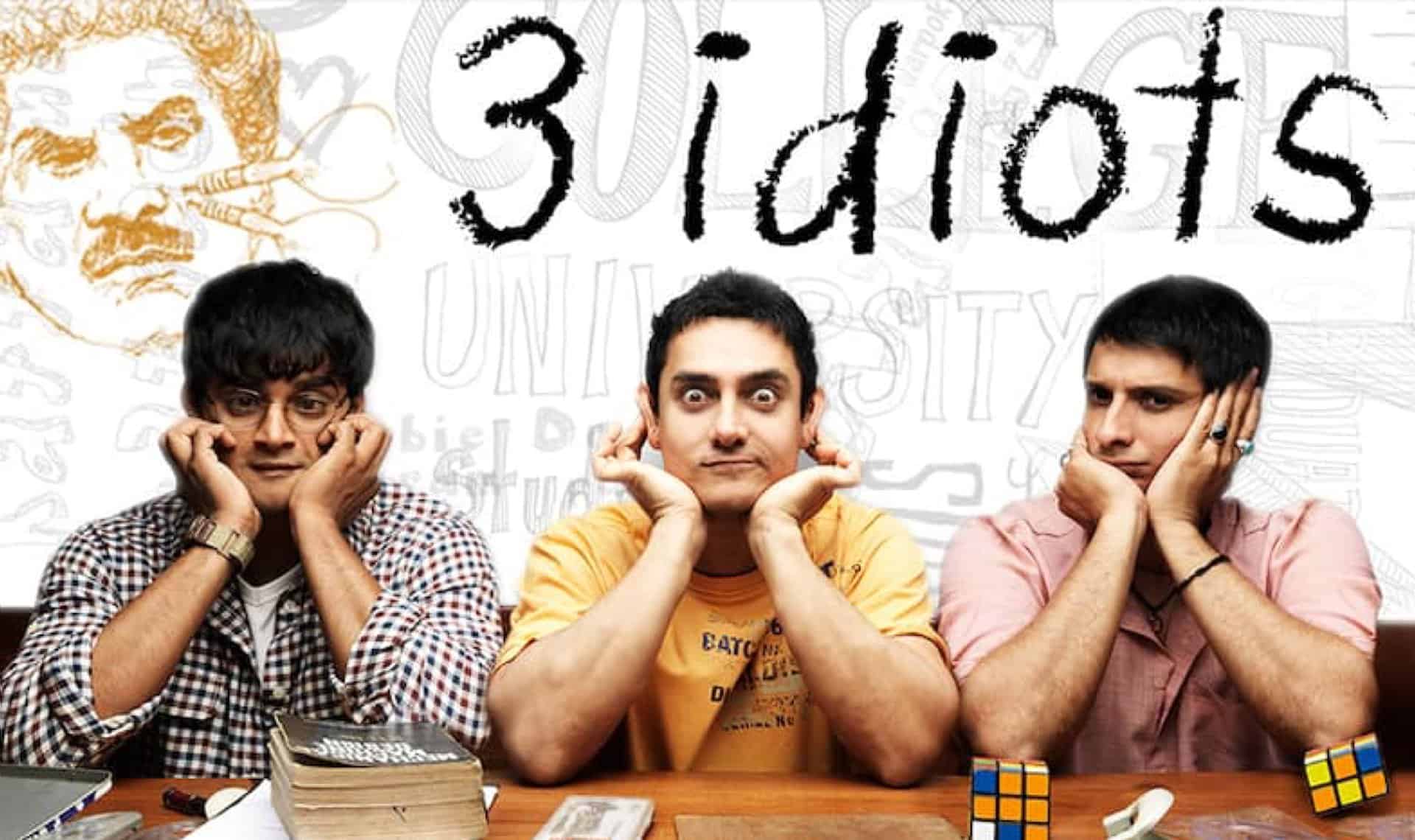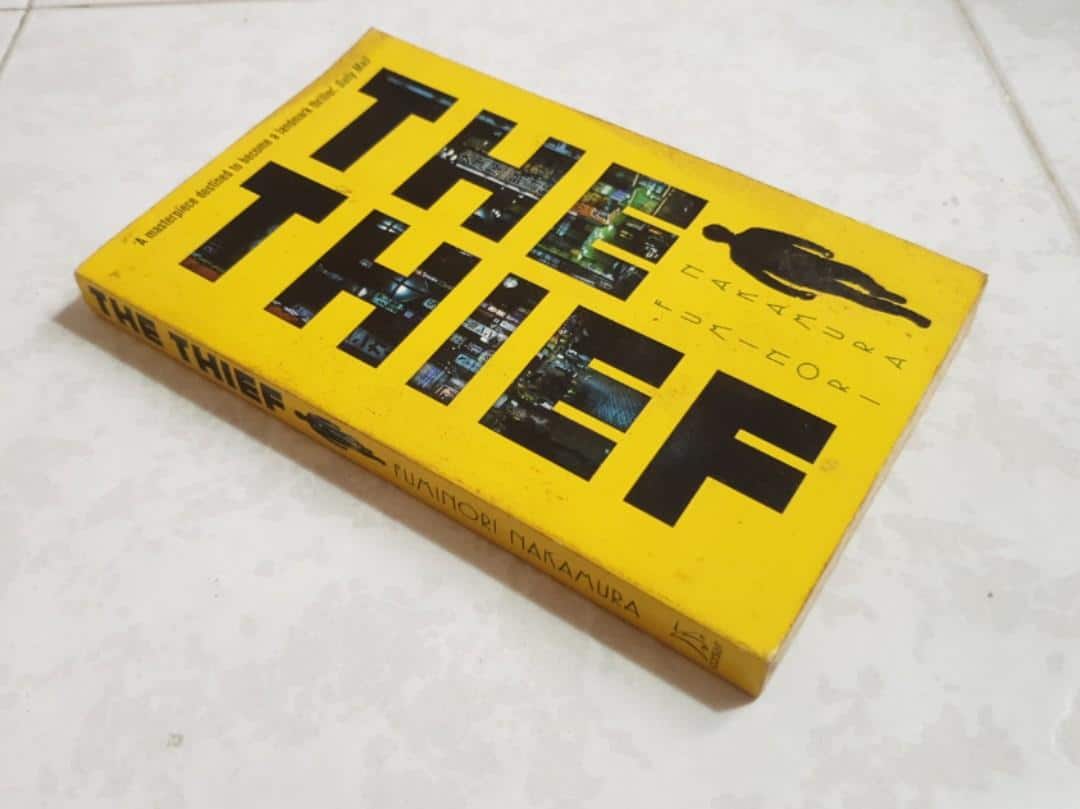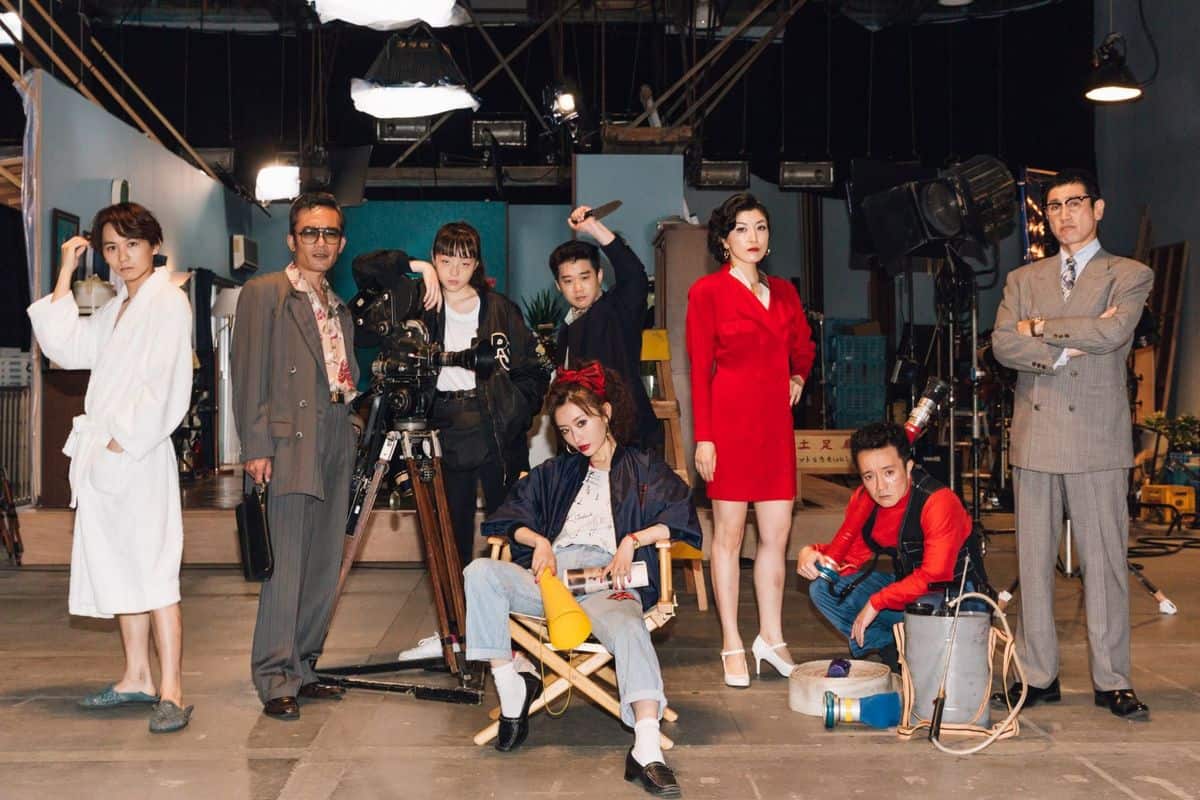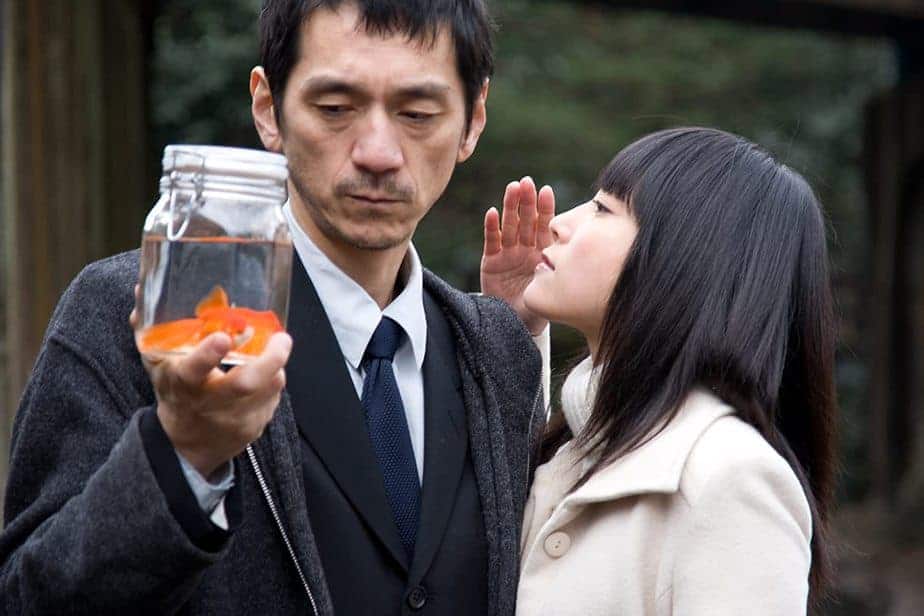“The Longest Nite” was quite a difficult film to produce, for a number of reasons. Firstly, it was shot during the chaos that followed the financial crisis in Hong Kong (and the whole of Asia actually, which was instigated by “attacks” by a number of hedge funds, mainly that of George Soros), since in 1998, the country recorded negative growth in all four quarters and a decline in GDP of 5.1% over 1997. The unemployment rate more than doubled, from 2.5% in late 1997 to 5.7% in late 1998. Apart from the general situation, Patrick Yau, who was initially tasked with directing the film, hit a creative wall after shooting just five scenes. Johnnie To took over in his stead, and writer Wa Ka-fai had to rewrite the script as they were shooting. The result is chaotic, but impressive.
Buy This Title
Under the orders of a bigger boss, two crime bosses in Hong Kong are about to end their long war. Sam, a corrupt cop who is in the payroll of one of these bosses, tries to keep the peace long enough for the negotiation to take place, despite rumors that the two of them plan to kill each other, and a number of members of the two gangs going rogue. Tension mounts even more when a strange man named Tony arrives in the area, and a number of peculiar incidents start to occur. Sam decides to frame Tony for a murder that takes place during the night, using Maggie, an actual witness to do so, while beating and torturing his way towards accomplishing his goal. Eventually though, he finds himself framed.
One of the main traits of the golden era of Hong Kong cinema is the ability of a number of directors (particularly the ones who dealt with action and comedy movies) to make sense out of the chaos that dominated the scripts, or even better, to create great movies despite this chaos. Johnnie To was one of the foremost advocates of this style, and “The Longest Nite” is a definite testament to the fact.

In that fashion, it is quite difficult to follow what is actually going on with the story, since both the events and their reasoning are illogical, to the point of surrealistic, despite the fact that the finale somewhat justifies almost everything. In that setting of many plot twists and unlikely intentions, the main element of the narrative is the antagonism between Sam and Tony about who has the upper hand, who will frame the other, and in essence, who will be the most violent and the coolest. This approach benefits the narrative to the most, with the constant changes of the upped hand, the mystery of who is pulling the strings behind them, and the clash that seems inevitable, inducing the film with a sense of agony and angst, that actually carries it for the whole of its 84 minutes. Furthermore, both Ching Wan Lau as Tony and Tony Leung Chiu Wai as Sam give very fitting performances that border on the cult (when witnessed now at least), in another of the movie's best traits.
Apart from this, and in another tendency of HK action films, the focus is on particular scenes and not on the story as a whole, and “The Longest Nite” is no exception, although in this case, the scenes are quite a lot. The one in the nightclub, the one with Tony and the policeman in the car, the interrogation one, the final duel and the actual finale are the ones the narrative revolves around, and undeniably the most impressive ones in the movie. Particularly the one with the interrogation in the sell, where the dust flowing has been lighted in a completely illogical but utterly impressive fashion, and the final feud in the building with the mirrors (again for no reason) are where Chiu Lam Ko's excellent cinematography and Chi Wai Chan's frantic editing find their apogee, and are the most memorable ones in the film.

Furthermore, the movie is filled with violent action, with the majority of the cast both giving and getting their share, although the main recipient is Maggie Siu as Maggie, who seems to be beaten almost every time she appears on screen.
“The Longest Nite” is a great film that would definitely appear to fans of Hong Kong action and cult cinema in general.


